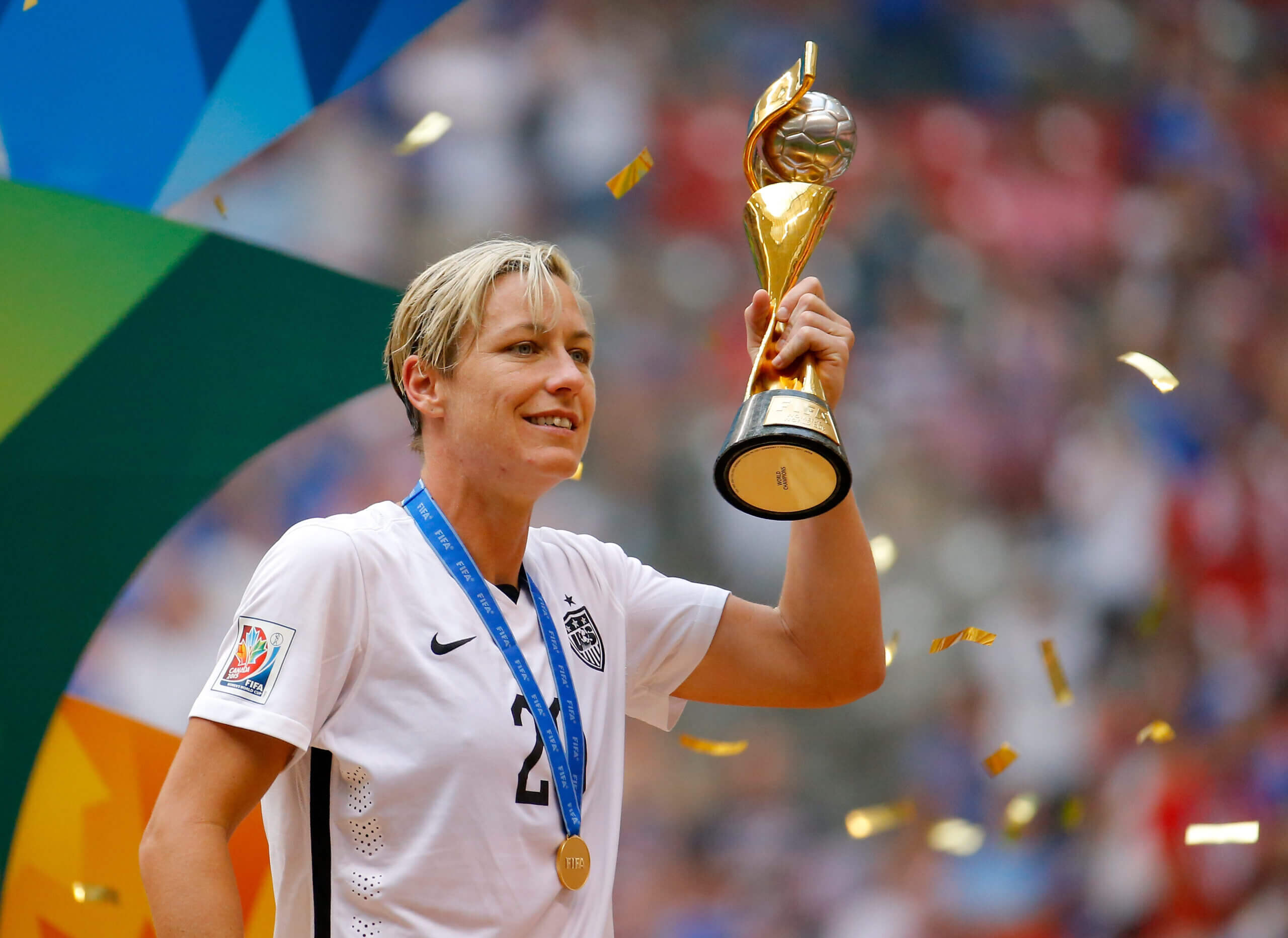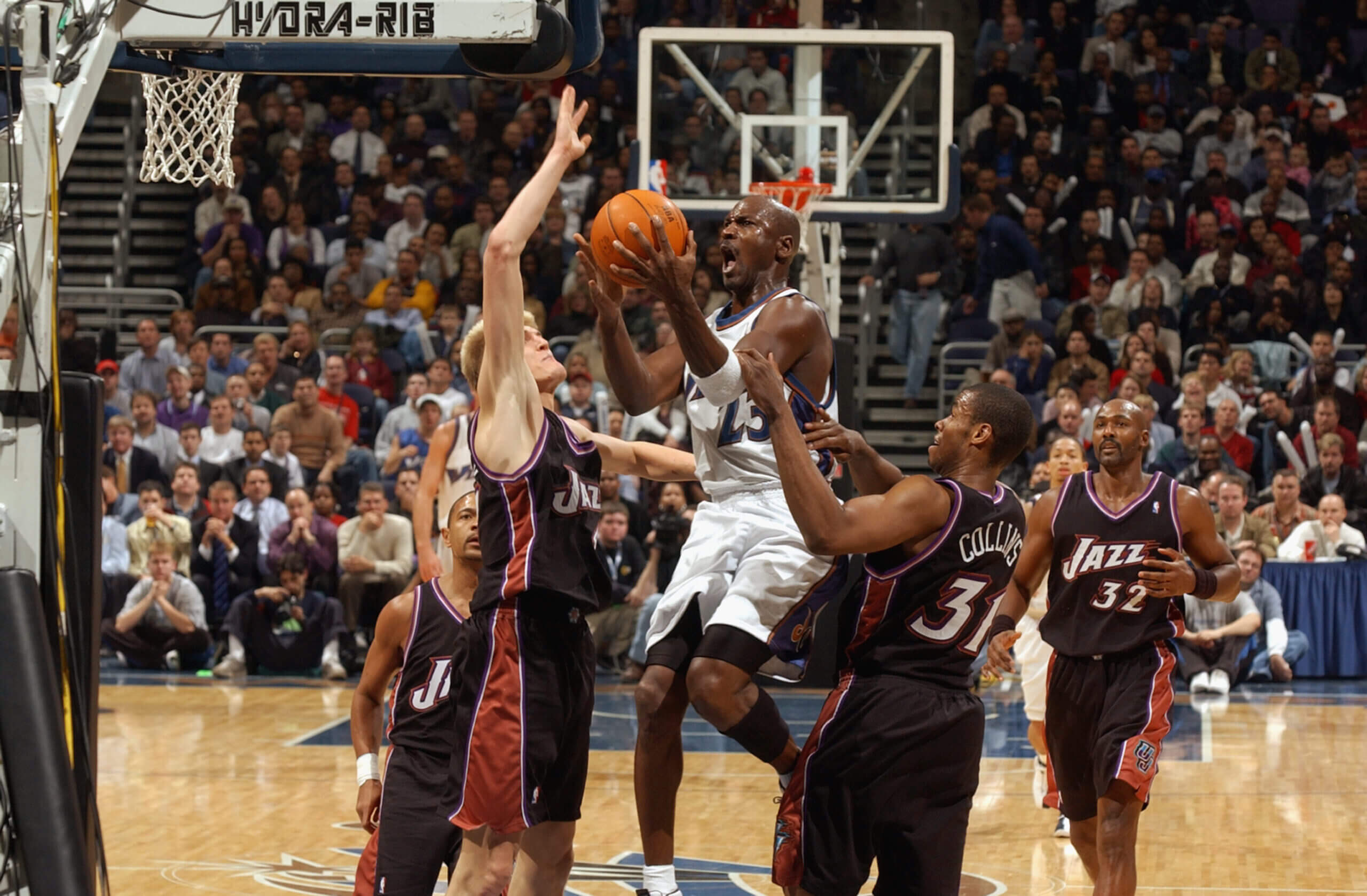“My ambition was always to finish my career at the peak of my performance level. I am happy and proud that I found the right timing for my decision and that I could choose it on my own.”
If all goes to plan, on July 14 at a little past 11pm local time in Berlin, the last act of Toni Kroos’s professional football career will be to lift the Henri Delaunay trophy, with Germany having been crowned Euro 2024 winners on home soil.
His last act as a club footballer was to lift the Champions League trophy at Wembley, the sixth of his career (five with Real Madrid and one with Bayern Munich). And the last act of his domestic football career was to lift the Spanish Primera Division trophy, his seventh league title (three with Bayern, four with Real).
He has also won domestic trophies in Germany and Spain, the European Super Cup, the Club World Cup six times and, of course, the World Cup with Germany in 2014. The European Championship is the last one left, the only thing he hasn’t won in one of the most complete careers, in terms of honours at least, that the game has ever seen.

GO DEEPER
Why Toni Kroos ignored progress and stuck with his old Adidas boots
But even those with similarly comprehensive trophy cabinets — Lionel Messi, Andres Iniesta, Sergio Ramos — won’t have gone out in such perfect fashion.
When Kroos announced his retirement in May, the instinct was to think that, at 34, the midfielder was stepping away very early, that he could still have years left if he wanted. But then you think about how many sportspeople have bowed out a shadow of their former selves, or had the decision over when to retire taken away from them, and you realise that when someone has the opportunity to step away in such perfect fashion, they have to take it.
If Germany do win, it might be the most perfect retirement the game has ever seen.
As far as we can work out, nobody has previously won a men’s World Cup or European Championship and then immediately walked off into the sunset. Zinedine Zidane tried it, but didn’t so much walk into the sunset as run into a burning building, after his tete-a-chest with Marco Materazzi saw him sent off in the 2006 World Cup final.

GO DEEPER
Zidane, Materazzi, a headbutt, a cancelled Disneyland trip then libel actions
Didier Deschamps nearly did it, but after winning Euro 2000 with France he played two more internationals, one against a FIFA invitational XI and one against England, then played a season for Valencia, before retiring in 2001 aged 32.
The closest might be Gianpiero Combi, who was Italy’s goalkeeper when they won the 1934 World Cup: he spent his entire club career with Juventus and records suggest that he didn’t play for them or Italy again. However, various accounts reference him retiring in 1935, possibly having played some other football in the intervening time. So he might count, he might not.
In the women’s game, there are some players that definitely count. USWNT’s Abby Wambach had geared the last year of her career towards winning the 2015 World Cup: she was technically under contract with the Western New York Flash at the start of that season but instead, she opted out of any club duties to focus entirely on the tournament in Canada.
It worked — the USWNT beat Japan 5-2 in the final, with Wambach coming off the bench. She played in a few ‘victory tour’ matches but confirmed her retirement later that year.

Abby Wambach with the World Cup trophy in 2015 (Kevin C Cox/Getty Images)
For England, both Ellen White and Jill Scott, players with nearly 300 caps between them, retired immediately after they won the 2022 European Championship at Wembley. “My dreams came true on July 31, winning the Euros and becoming a European champion,” said White when she announced her decision.
The end of Kroos’ career might rank as the most glorious retirement in football, but where would it sit in the rest of sport?
Nico Rosberg shocked the racing world when he stepped away from Formula One in 2016, just five days after winning his first world title, essentially saying he had achieved what he wanted, so there was no point in carrying on.
“I have climbed my mountain, I am on the peak, so this feels right,” he said. “For 25 years in racing, it has been my dream, my ‘one thing’, to become Formula One world champion. Through the hard work, the pain, the sacrifices, this has been my target. And now I’ve made it.”
Alain Prost did something similar, albeit with more glory behind him: he had taken a one-year sabbatical in 1992, but returned to the sport in 1993 to drive for Williams Renault, won the world title (his fourth) and promptly retired. “I want to leave at the summit,” he said, by way of explanation.
That’s something a couple of the NFL’s greatest quarterbacks did, too. John Elway had lost three Super Bowls and was starting to look cursed before his Denver Broncos beat the Green Bay Packers in 1998. He topped that a year later by retaining the title and winning the game’s MVP crown against the Atlanta Falcons. He played in the 1999 Pro Bowl, but announced his retirement a few months later, aged 38.
Peyton Manning wasn’t the force he once was in 2016, but his Broncos team reached the Super Bowl nevertheless, in a match-up that spanned the generations: their opponents the Carolina Panthers were led by regular season MVP Cam Newton, 13 years Manning’s junior, but against the odds the Broncos won. Manning retired a few months later, saying: “After 18 years, it’s time.”
Baseball player Joe DiMaggio retired as a champion in 1951, although his powers had waned and he wasn’t a significant factor in the New York Yankees World Series win that year. Ted Williams didn’t go out in a blaze of collective glory in 1960, but his exit was perhaps most perfect to his character: the famously irascible Williams hit a home run in his final ever at bat for the Boston Red Sox, but ran straight into the dugout and refused to acknowledge the crowd, with whom he had endured a tricky relationship over his career.
John Updike wrote in the New Yorker of that most fitting of farewells: “The papers said that the other players, and even the umpires on the field, begged him to come out and acknowledge us in some way, but he never had and did not now. Gods do not answer letters.”
Both Bill Russell (1969) and David Robinson (2003) walked away from basketball immediately after winning NBA titles, while Kobe Bryant’s career came to an end with personal glory, scoring 60 points in his last game, despite the LA Lakers ending that 2016 season as the worst team in the Western Conference.
Any article about retirements has to mention Michael Jordan — because he had three of them. The first (1993), shocking, as he tried to make it as a baseball player; the second (1998), glorious, after winning his sixth NBA title with the Chicago Bulls; the third (2003), slightly weird, having become president of basketball operations at the Washington Wizards, he then played two seasons for them before retiring a final time, only to be fired after trying to return to his original position a few weeks after his last game.

Michael Jordan returned after ‘the last dance’ to play for the Washington Wizards (Doug Pensinger/Getty Images)
Cricket — America’s new favourite sport — has seen some fairytale endings. Stuart Broad, one of England’s greatest bowlers, announced his retirement during the fifth Test of the 2023 Ashes series, then hit the final delivery he faced as a batter for six, then with the final ball he bowled took a wicket to win the game and tie the series.
Nasser Hussain was England’s captain between 1999 and 2003 and dragged them from being a joke team, bottom of the world rankings, to a side that could actually compete and ultimately beat the best in the world, also ended in perfect fashion. Against New Zealand in May 2004, the penultimate ball he faced was hit for four to bring up his century, and the last run won the game for England. Afterwards, he decided there would be no way of topping that so never picked up a bat again.
Boxing is littered with examples of bad retirements. From George Foreman to Evander Holyfield to Ricky Hatton, so many formerly great champions quit but made ill-advised comebacks, so those that retire and stay retired feel like the exception. Lennox Lewis beat Vitali Klitschko in his last fight in 2003 and never stepped into the ring again; Carl Froch’s final punch was to knock out George Groves at Wembley in 2014 and ensure he retired as world champion; Rocky Marciano retired aged 32 in 1956 with a 49-0 record.
In tennis, probably the most prominent example is Pete Sampras. He had toiled for a couple of years in the early 2000s, not winning a tournament for two years and suffering a string of early Grand Slam exits, but he gathered all of his might for one last U.S. Open appearance in 2002, reaching the final having beaten the next big thing, Andy Roddick, on the way, facing his old rival Andre Agassi and winning in four sets. He didn’t actually confirm his retirement officially for a year, but that was his last competitive appearance.

GO DEEPER
Tears, pre-announcements, vanishing into thin air: The new rules of tennis retirement
All fine examples of glorious endings to careers, but the thing you’ll notice about most of them is that the final decision, or at least the confirmation of it, came after the fact. Kroos has called this in advance, announcing before time that this would be it for him.
What an extraordinary thing it would be if he and Germany did it.
(Top photo: Toni Kroos during Germany’s Euro 2024 match against Hungary; by Marvin Ibo Guengoer/GES Sportfoto via Getty Images)








